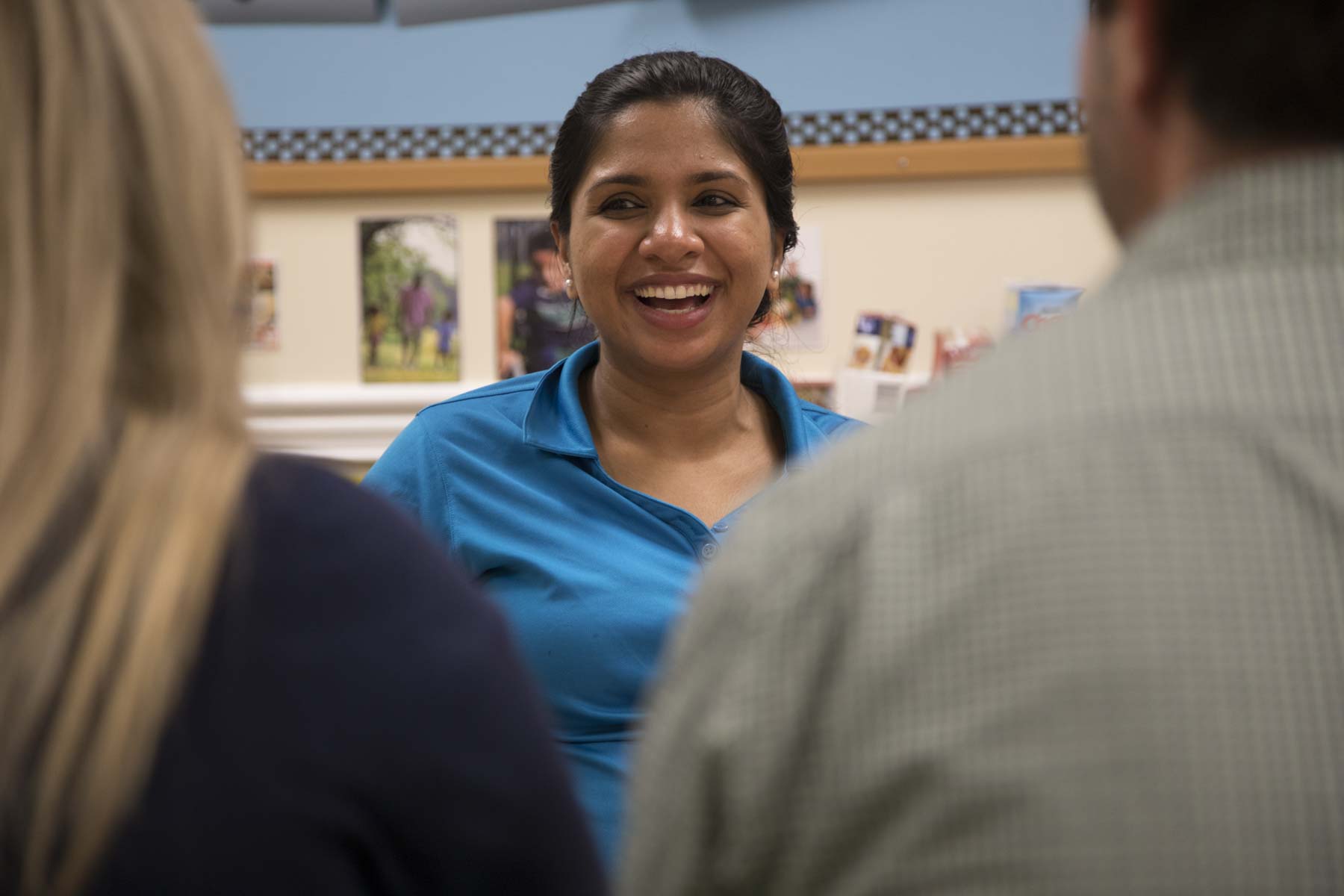So you have some concerns about a child you educate…..
The first step is always to start documenting your observations
As an early childhood educator, you cannot accurately identify and support children who have speech, language and communication difficulties without first collecting and documenting your observations.
Before you approach parents, it is essential to document your observations about the child’s communication skills. To make it a little easier, we have a free comprehensive guide for early childhood educators that you can download from our website https://learn2communicate.com.au/product/identifying-speech-and-language-difficulties-a-practical-guide-for-early-childhood-educators/ or a quick cheat sheet if you want to opt for something a little quick simpler https://mailchi.mp/a872b26cca98/speech-and-language-milestones-0-5-years .
Schedule a meeting with the parents
Conversations with a parent about concerns you may have regarding their child should not be attempted during drop off / pick up times. Instead, schedule a meeting with the parent. This will allow for a more personal, detailed conversation and provides parents with notice so that they can prepare themselves emotionally.
It also goes without saying that such meetings and conversations can only be scheduled when there is a high element of trust and positive rapport between the early childhood educator and the parent. The importance of pouring your energy into establishing these positive relationships with families cannot be understated!
Use Positive, Encouraging Language in the meeting but be HONEST
Framing your observations in more positive language whilst still clearly communicating your concerns is important.
Instead of “I am worried about your child’s development” try “I have some observations that I would like to share with you”.
You can then share your observations and provide specific examples to help parents understand why you have concerns about their child’s development. Encourage parents to also share their observations with you.
Listen more than you Speak
Make some open ended comments and questions to encourage parents to share information with you about their child.
Actively listen to this information. Remember that the parent is always the expert when it comes to their child. They can always provide us with more information to help us understand their child’s strengths and challenges as well as other factors which may be impacting their child’s development.
Be Empathetic
Remember that discussing a child’s development can be sensitive topic for many parents. Try to understand and accept a variety of responses from parents and shown them that you are there to support them and their child.
Offer to Help
It is one thing to raise a parent’s awareness about a child’s developmental challenges. It is another to have the parent understand, acknowledge and come to terms with this information.
Once these two first steps have been worked through, parents can feel very overwhelmed about where to start in order to help their child. It is important for early childhood educators to have some helpful resources, contacts, service provider options and information at their fingertips so that parents feel supported in addressing their child’s developmental concerns.
Once again, our free resources (books, home programmes) can be of assistance https://learn2communicate.com.au/ as can our social media pages https://www.facebook.com/Learn2Communicate and https://www.instagram.com/learn2communicate/ .
Keep an eye out for next week’s Chatterbox […]

